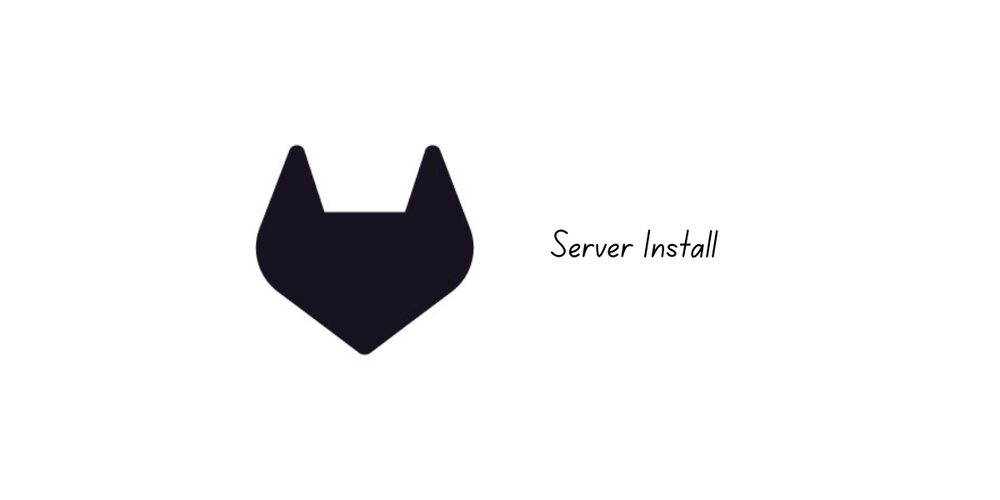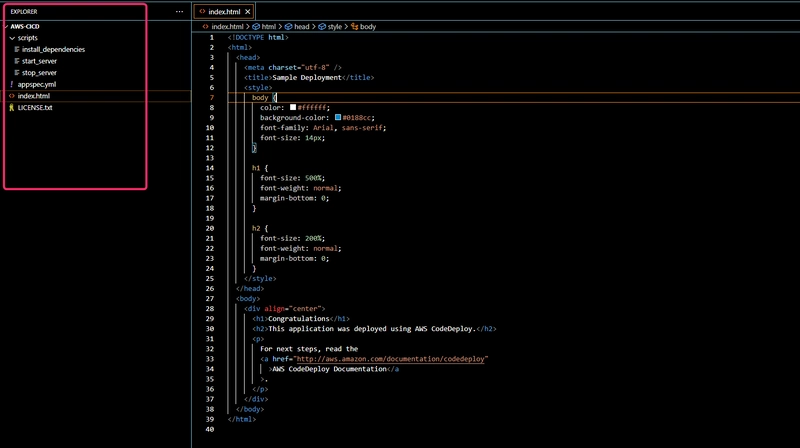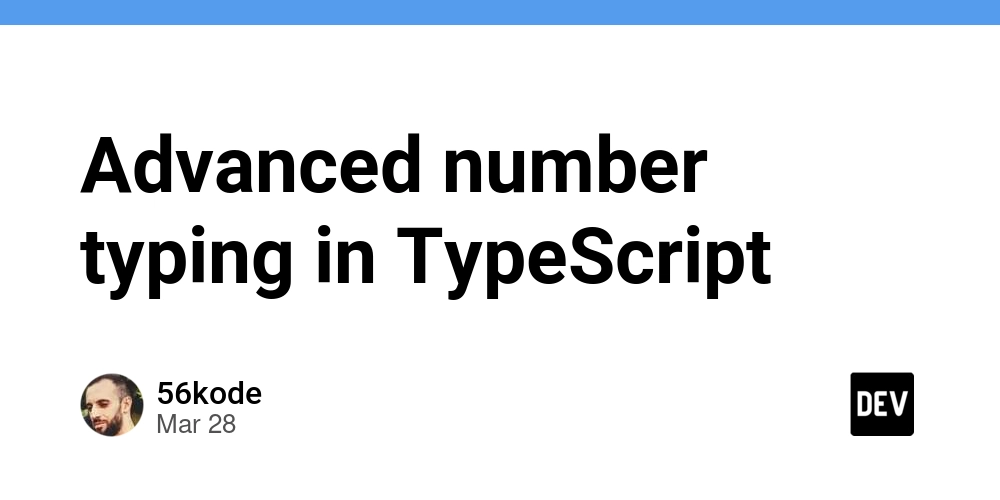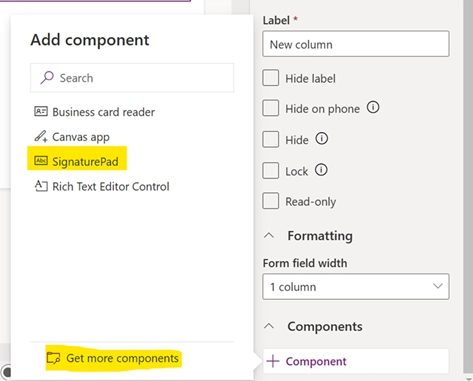Developing Open Source Programming Libraries
Open source libraries are essential tools that drive innovation and collaboration in the programming world. They help developers save time, encourage knowledge sharing, and improve software quality. If you've ever thought about giving back to the developer community, building your own open source library is a fantastic way to start. What is a Programming Library? A programming library is a collection of reusable code, functions, or classes that help developers perform common tasks without rewriting code from scratch. Examples include libraries for handling dates, making HTTP requests, or performing complex mathematical operations. Why Build an Open Source Library? Contribute to the community: Help other developers solve problems and build better software. Enhance your skills: Learn software design, testing, and documentation. Build your reputation: Demonstrate your knowledge and gain recognition in the dev community. Get feedback: Collaborate with developers from around the world and improve your code. Steps to Build an Open Source Library Identify a Problem: Find a common pain point or a repetitive task that you can simplify with code. Plan Your Library: Outline features, structure, and language-specific conventions. Write Clean Code: Use modular, readable, and well-documented code. Include Tests: Unit and integration tests ensure your library works as expected. Write Documentation: Explain how to install, use, and contribute to your library. Choose a License: Pick an open source license (like MIT, GPL, Apache) to define how others can use your code. Publish Your Library: Share it on GitHub and package it for ecosystems like npm (JavaScript), PyPI (Python), or crates.io (Rust). Tools You Might Use Git & GitHub: For version control and collaboration. CI/CD Tools: Like GitHub Actions for automating tests and deployments. Package Managers: npm, pip, Maven, etc., depending on your language. Documentation Tools: JSDoc, Sphinx, or MkDocs to generate professional docs. Best Practices Keep your code simple and focused on solving one problem well. Write thorough documentation and usage examples. Be responsive to issues and pull requests. Encourage contributions and create a welcoming community. Use semantic versioning (SemVer) for clear version management. Example: A Simple JavaScript Utility Library Here's a snippet of a function that could go in a utility library: // utils.js export function capitalize(str) { return str.charAt(0).toUpperCase() + str.slice(1); } You can package this as an npm module and publish it with clear usage instructions and tests. Conclusion Building an open source library is a great way to level up as a programmer while making a real impact. Whether it's a simple utility or a full-featured framework, your library can help others while showcasing your skills. Start small, stay consistent, and join the world of open source contributors!

Open source libraries are essential tools that drive innovation and collaboration in the programming world. They help developers save time, encourage knowledge sharing, and improve software quality. If you've ever thought about giving back to the developer community, building your own open source library is a fantastic way to start.
What is a Programming Library?
A programming library is a collection of reusable code, functions, or classes that help developers perform common tasks without rewriting code from scratch. Examples include libraries for handling dates, making HTTP requests, or performing complex mathematical operations.
Why Build an Open Source Library?
- Contribute to the community: Help other developers solve problems and build better software.
- Enhance your skills: Learn software design, testing, and documentation.
- Build your reputation: Demonstrate your knowledge and gain recognition in the dev community.
- Get feedback: Collaborate with developers from around the world and improve your code.
Steps to Build an Open Source Library
- Identify a Problem: Find a common pain point or a repetitive task that you can simplify with code.
- Plan Your Library: Outline features, structure, and language-specific conventions.
- Write Clean Code: Use modular, readable, and well-documented code.
- Include Tests: Unit and integration tests ensure your library works as expected.
- Write Documentation: Explain how to install, use, and contribute to your library.
- Choose a License: Pick an open source license (like MIT, GPL, Apache) to define how others can use your code.
- Publish Your Library: Share it on GitHub and package it for ecosystems like npm (JavaScript), PyPI (Python), or crates.io (Rust).
Tools You Might Use
- Git & GitHub: For version control and collaboration.
- CI/CD Tools: Like GitHub Actions for automating tests and deployments.
- Package Managers: npm, pip, Maven, etc., depending on your language.
- Documentation Tools: JSDoc, Sphinx, or MkDocs to generate professional docs.
Best Practices
- Keep your code simple and focused on solving one problem well.
- Write thorough documentation and usage examples.
- Be responsive to issues and pull requests.
- Encourage contributions and create a welcoming community.
- Use semantic versioning (SemVer) for clear version management.
Example: A Simple JavaScript Utility Library
Here's a snippet of a function that could go in a utility library:
// utils.js
export function capitalize(str) {
return str.charAt(0).toUpperCase() + str.slice(1);
}
You can package this as an npm module and publish it with clear usage instructions and tests.
Conclusion
Building an open source library is a great way to level up as a programmer while making a real impact. Whether it's a simple utility or a full-featured framework, your library can help others while showcasing your skills. Start small, stay consistent, and join the world of open source contributors!




























![[Webinar] AI Is Already Inside Your SaaS Stack — Learn How to Prevent the Next Silent Breach](https://blogger.googleusercontent.com/img/b/R29vZ2xl/AVvXsEiOWn65wd33dg2uO99NrtKbpYLfcepwOLidQDMls0HXKlA91k6HURluRA4WXgJRAZldEe1VReMQZyyYt1PgnoAn5JPpILsWlXIzmrBSs_TBoyPwO7hZrWouBg2-O3mdeoeSGY-l9_bsZB7vbpKjTSvG93zNytjxgTaMPqo9iq9Z5pGa05CJOs9uXpwHFT4/s1600/ai-cyber.jpg?#)














































































































































![[The AI Show Episode 144]: ChatGPT’s New Memory, Shopify CEO’s Leaked “AI First” Memo, Google Cloud Next Releases, o3 and o4-mini Coming Soon & Llama 4’s Rocky Launch](https://www.marketingaiinstitute.com/hubfs/ep%20144%20cover.png)




































































































































































































![Rogue Company Elite tier list of best characters [April 2025]](https://media.pocketgamer.com/artwork/na-33136-1657102075/rogue-company-ios-android-tier-cover.jpg?#)








































































_Andreas_Prott_Alamy.jpg?width=1280&auto=webp&quality=80&disable=upscale#)



























































































![What’s new in Android’s April 2025 Google System Updates [U: 4/18]](https://i0.wp.com/9to5google.com/wp-content/uploads/sites/4/2025/01/google-play-services-3.jpg?resize=1200%2C628&quality=82&strip=all&ssl=1)










![Apple Watch Series 10 Back On Sale for $299! [Lowest Price Ever]](https://www.iclarified.com/images/news/96657/96657/96657-640.jpg)
![EU Postpones Apple App Store Fines Amid Tariff Negotiations [Report]](https://www.iclarified.com/images/news/97068/97068/97068-640.jpg)
![Apple Slips to Fifth in China's Smartphone Market with 9% Decline [Report]](https://www.iclarified.com/images/news/97065/97065/97065-640.jpg)



































































































































